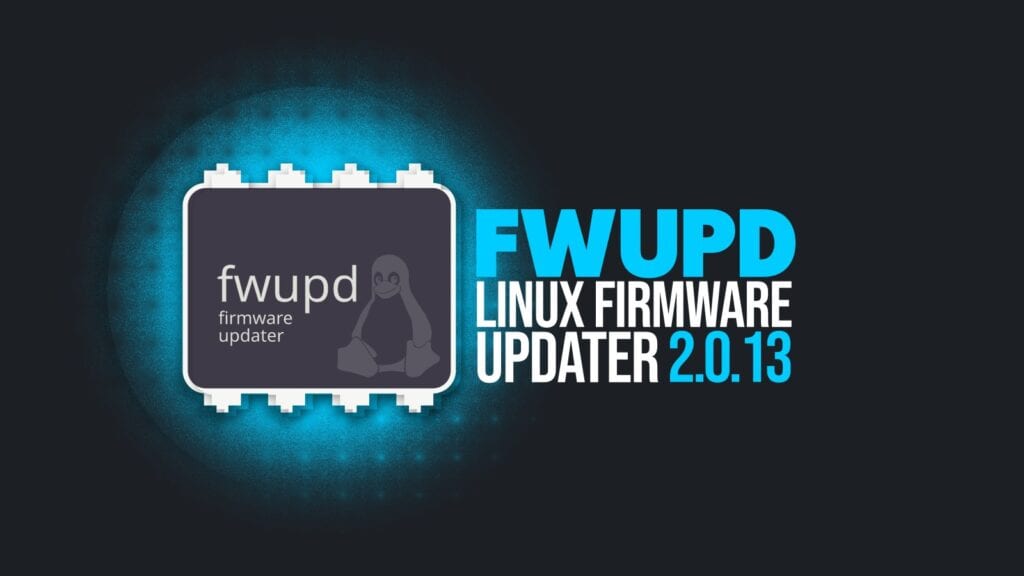Over a month after its previous 2.0.12 release, Fwupd, an open-source utility designed to simplify firmware updates on Linux-based systems, has rolled out its new 2.0.13 version.
The update introduces a daemon config option to ignore efivars free space, which should help avoid false alarms on systems where EFI variable storage isn’t a concern. Meanwhile, glob-aware version comparison requirements now make it easier to handle firmware version checks in a more flexible way.
For those dealing with low-level flashing, fwupd now allows targeting specific FMAP regions when using flashrom, providing more precise control over firmware updates. The team has also identified and flagged static variables and magic numbers during code reviews, helping to maintainability down the line.
On the performance side, startup times have been slashed by 60%, and memory usage is down by 40%, thanks to various optimizations under the hood.
Regarding bug fixes, this release addresses several persistent issues, including improved alignment for MTD erase operations, enhanced parsing for IGSC OptionROMs, and fixes for UEFI self-test failures when capsule splash is disabled.
On Windows, “fwupdtool.exe” is now properly available in the Windows PATH, so users no longer need to manually search for it. And if you’ve ever been annoyed by the “Full Disk Encryption Detected” warning popping up unnecessarily—good news, it now only shows when actually needed.
Lastly, this release checks off three notable additions:
- A wider spread of MediaTek scaler chips—a quiet nod to the Chromebook crowd, where MTK panels have exploded in volume.
- HP USB-C 100 W G6 Dock—good news for anyone living the single-cable-desk dream.
- Logitech bulk-controller peripherals—expect smoother upgrades for the next wave of gaming mice and headsets.
For more details, see the changelog.
